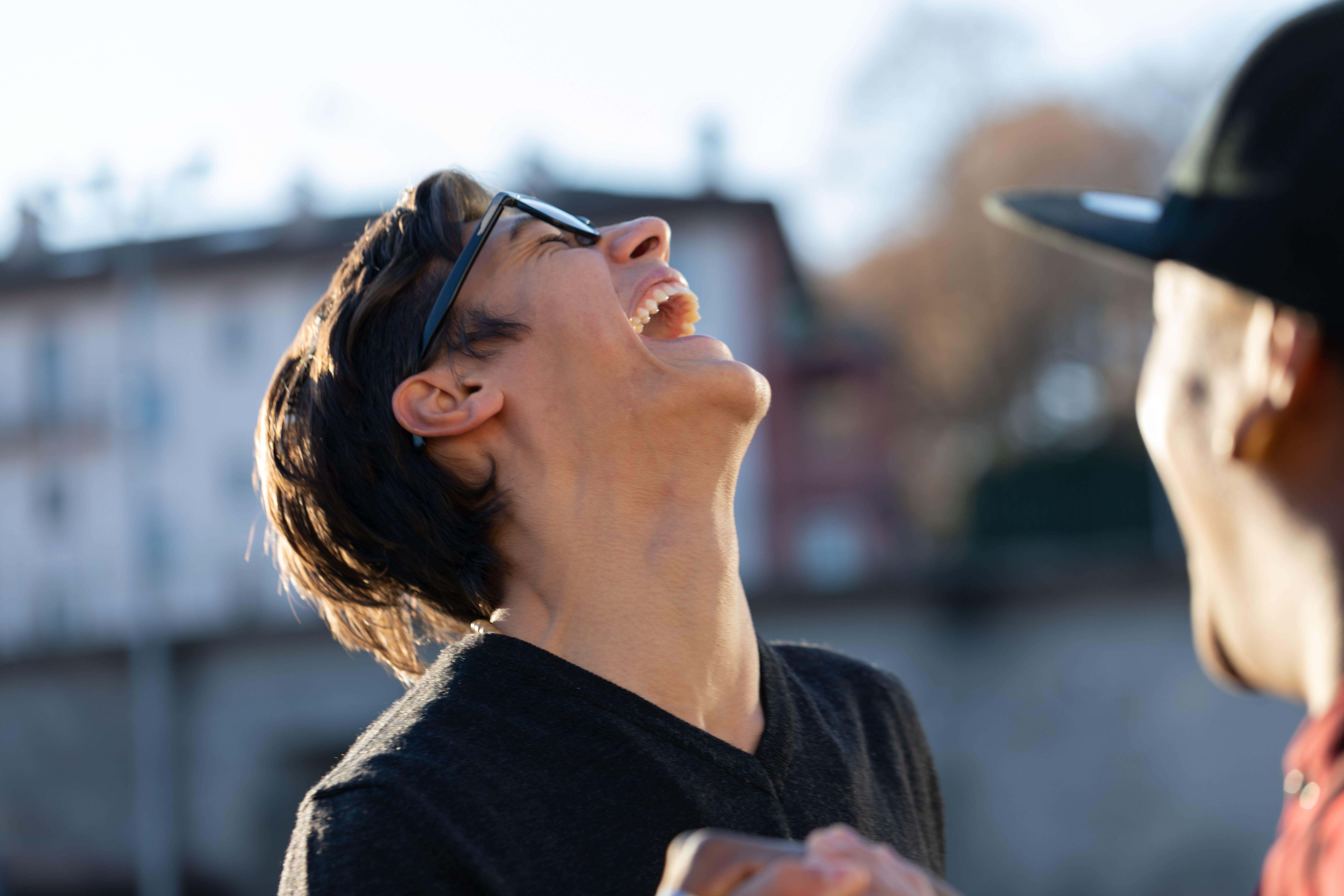Laughter may be as effective as drops for dry eyes – study
Therapy using laughter has been trialled for a number of conditions.

Your support helps us to tell the story
From reproductive rights to climate change to Big Tech, The Independent is on the ground when the story is developing. Whether it's investigating the financials of Elon Musk's pro-Trump PAC or producing our latest documentary, 'The A Word', which shines a light on the American women fighting for reproductive rights, we know how important it is to parse out the facts from the messaging.
At such a critical moment in US history, we need reporters on the ground. Your donation allows us to keep sending journalists to speak to both sides of the story.
The Independent is trusted by Americans across the entire political spectrum. And unlike many other quality news outlets, we choose not to lock Americans out of our reporting and analysis with paywalls. We believe quality journalism should be available to everyone, paid for by those who can afford it.
Your support makes all the difference.Researchers say laughter therapy may be just as good as drops for treating dry eyes.
Repeating “Hee hee hee, hah hah hah, cheese cheese cheese, cheek cheek cheek, hah hah hah hah hah hah” a number of times a day over an eight-week period might just reduce the symptoms of dry eyes, a study suggests.
Laughter exercise has been trialled for a number of conditions, so international researchers wanted to assess whether it could help patients with dry eye disease.
Laughter exercise was non-inferior to artificial tears in improving dry eye disease symptoms and clinical signs
Dry eye disease is a common condition which occurs when tears are not able to give the eyes enough lubrication, leading to symptoms including itchy, sore and red eyes.
Experts from China, the US and Queen’s University Belfast examined almost 300 people aged 18 to 45 with dry eye disease.
Over eight weeks, half received sodium hyaluronic acid eye drops – also known as artificial tears – while the other half were given laughter therapy.
Researchers wanted to assess whether there was a meaningful change in participants’ score in a measurement of disease called the ocular surface disease index.
Laughter therapy comprises various interventions designed to provoke laughter, smiling and pleasant feelings, the authors wrote in The BMJ.
The research team adapted and developed a laughter exercise to “optimally engage the ocular muscles of participants”.
People taking part in the laughter exercise branch of the latest study viewed an instructional video and people were requested to vocalise the phrases “Hee hee hee, hah hah hah, cheese cheese cheese, cheek cheek cheek, hah hah hah hah hah hah” 30 times per five-minute session.
They were told to do this around four times every day for an eight-week period.
Meanwhile, the other group was instructed to use eyedrops four times daily for eight weeks.
At the end of the study, researchers found that the decrease in the ocular surface disease index score was statistically significant in both groups.
While they said that the biological mechanism of laughter exercise on dry eye disease is “unclear”, they concluded that “laughter exercise was non-inferior to artificial tears (0.1% sodium hyaluronic acid) in improving dry eye disease symptoms and clinical signs”.
The team added: “Laughter exercise is a safe, environmentally friendly, and low-cost intervention for patients with symptomatic dry eye disease and limited corneal staining.”